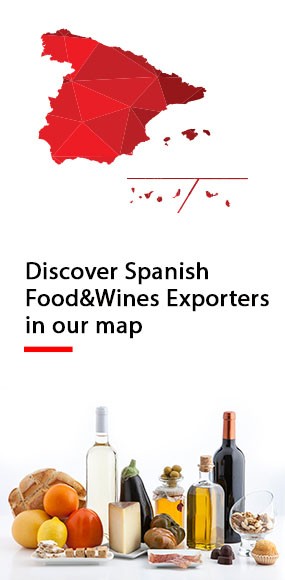.png.transform/rendition-xs/image_image%20(1).png)
Wines on the Light Side of Force
Ferran Centelles takes an in-depth look at the wines made by Masters of Wine in Spain: admirable projects made by great professionals
In the wine world, there are very special people who care deeply about Spanish wine and help it develop on a positive path. In a way, they remind me of George Lucas' Jedi, because they have a gift and are enveloped by a certain aura of expertise.
I admire them, because the path to qualify for the industry's two most prestigious initials, Master of Wine (MW), is an arduous, difficult, and exciting journey that revolves around knowledge about wine. Years of study, tastings, and travel—enough to star in saga called Star Wine. A thrilling adventure that some complete successfully, allowing them to add the initials MW to their name, becoming part of a select group, not unlike the mystical Jedi Order.
Some people fall by the wayside, but their achievements must also be recognized, because simply taking up this ambitious mission deserves absolute support.
The Jedi follow a strict code. One of their mantras, which might as well be adopted by The Institute of Masters of Wine, is: "There is no ignorance, there is knowledge;" and MWs are true scholars ready to discuss and share their opinions on wine in an affable, unique way. A second point of the Jedi Code states that "There is no chaos, there is harmony," and MWs seek this harmony in the reasoning behind all wines, in the assertiveness of a tasting, and in their prodigious aesthetic ideal forged after thousands of wine tastings around the world. And that is precisely their great power: they have the archetypal wine styles of each region burned into their brains, and they understand what a classic Rioja, a Ribera del Duero from the Golden Mile, and a Bierzo from the highlands should taste like.
The fact that certain MWs are launching projects in Spain is great news, because instead of adjusting winemaking to rising trends, they interpret and extract the vineyards' maximum potential. They're experts in finding the way to convey the territory through a glass of wine because, before embarking on their projects, they have deeply immersed themselves in the viticultural paradigms of wine regions around the world.
Pedro Ballesteros and Sarah Jane Evans, wisdom and enthusiasm
First let's talk about a pair of aces; two MWs who don't make wine but who are nevertheless extremely important within Spain's wine industry. Of course, I'm referring to Pedro Ballesteros MW and Sarah Jane Evans MW.
Pedro Ballesteros is the great sage, similar to Yoda and, although it's unlikely that he has lived for 900 years like the Jedi Master, he exhibits an enormous amount of expertise in each of his presentations. His recent book, Comprender el Vino, published by Planeta Gastro, will represent a turning point in how Spanish wine is understood. Pedro, "your mind, it is powerful." The Spanish Master of Wine qualification had been lacking something for many, many years, until Ballesteros arrived. Let's say that, in 2010, Pedro paved the way and for other talented colleagues to follow.
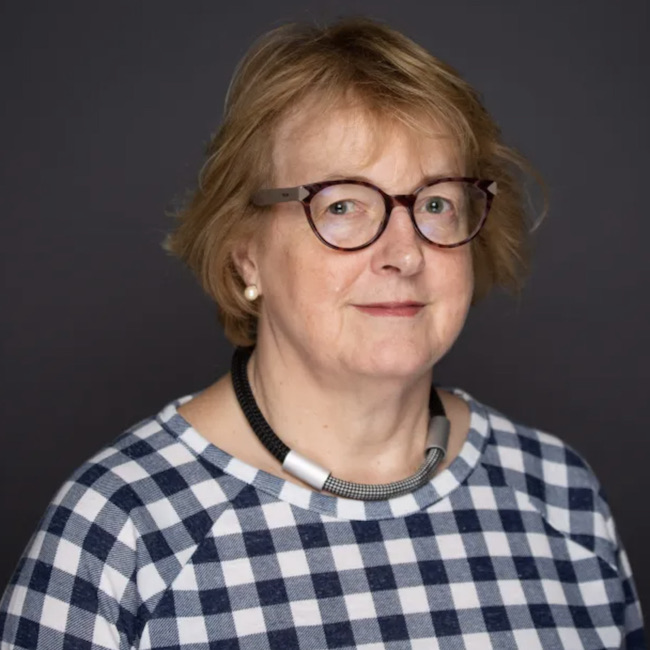
Sarah Jane Evans is British, but Spain has been her adopted home for quite some time now. She is our most fabulous and loving ambassador. She speaks, and the rest of us listen. Her final thesis for her qualification was on sherry wines and the role of the almacenistas. Since obtaining her degree in 2004, she has published hundreds of articles on Spanish wines, many of them for Decanter magazine; she also chairs judging panel for the Decanter World Wine Awards. An essential recommendation: her book, The Wines of Northern Spain, which contains many secrets about wines from this part of the country.
Masters of Wine in Aragón: love for the ‘terroir’
Let's move on to the MWs who are making wines. We're going to start at the beginning, like good stories do. The first MW to start making his own wine in Spain was Sir Norrel Robertson, also known as the Flying Scotsman. Born in Scotland, he became a MW in 2000, and in 2003 he was doing consulting work for several wineries in the south of France and Spain. He settled in Calatayud because of its proximity to both areas. What started out as a strategic location ended up becoming his favorite place to making wine, especially old Garnacha. His first wine, the 2004 Manga de Brujo, made with Garnacha, Syrah, Mazuelo, and Provechón (Bobal), revolutionized Calatayud because if its juicy, fresh profile. Norrel explains that "Taming concentration, maintaining freshness, and expressing Calatayud's terroir was my goal, because previously in the area it was common to find overripe wines with a very concentrated profile." He's currently producing 250,000 bottles, between Calatayud, Bullas (El Borde), and Rías Baixas (Cup & Rings).
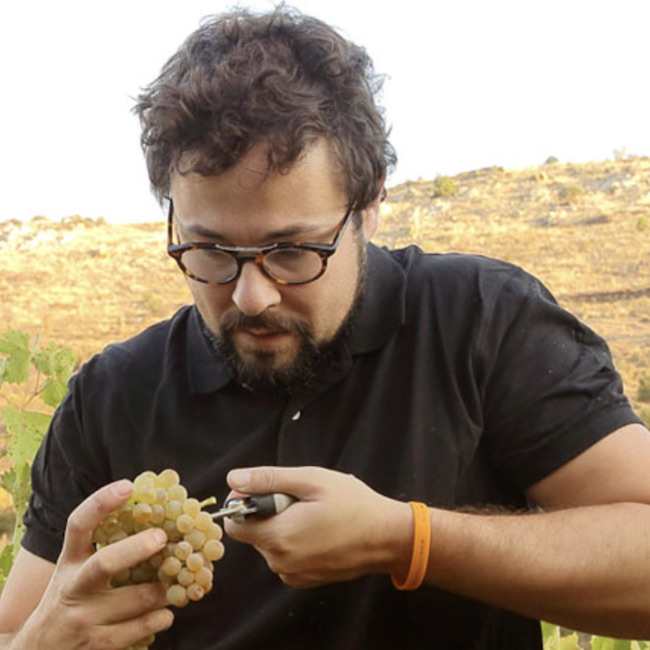
Let's move on to Fernando Mora. Talking about Fernando is the same as talking about Aragón. Passionate and energetic, he is completely shaking up the wine sector in Aragón. His main work consists of "recovering mountain vineyards to produce fine, fresh, precise Garnacha wines." To do so, he "tries to understand how wines were made in the past and use his current expertise to obtain maximum finesse from the vines." Remember this name: PGI Valdejalón, because soon it will be among the most prestigious areas, thanks to Mora's recovery efforts. Fernando's career skyrocketed during his MW studies. He explains, "I needed to put myself on the same level as the rest of the students since I was starting out with less knowledge and experience." His Frontonio project produces 150,000 bottles in a renovated underground winery. He's also very active in Calatayud with Cuevas de Arom, of which 30,000 bottles are produced each year. But without a doubt, Fernando's most emblematic wine is El Jardín de las Iguales, which comes from a recovered vineyard where Macabeo was planted between 1899 and 1908 and Garnacha between 1918 and 1920. A fluid and delicate wine, different in style to the classic Garnachas from Aragón, an exciting wine of which there are 717 bottles.
From Yecla to Priorat, making stops in Rioja, Rueda…
Jonas Tofterup is Danish but has been based in Spain for almost 20 years. He finished his MW studies in 2019, and his greatest difficulty along the way was "learning how to write an Oxbridge-style essay," a requirement for MW students when sharing their opinions about wine. Jonas, along with his brother David, are behind Bodegas Trenza in Yecla. Their Monastrell from old vineyards are opulent, spiced, and modern. Wines with a gourmand style that highlight Mediterranean vineyards' maximum potential. Jonas also runs the Iberian Wine Academy in Málaga and is a guiding light for many MW students. Additionally, he is the editor for the new WSET Diploma material on Spain and the Spanish Wine Scholar course. His winemaking philosophy is for wines "to not be extreme and for the majority of consumers like them." He produces more than 500,000 bottles a year, but his Trenza Family Collection, created in 2004 and of which only 8,000 bottles are available, is a project that is especially close to his heart.

Madrid-born Almudena Alberca was the first, and for now only, Spanish woman to hold the title of Master of Wine, in 2018. She helms the Entrecanales Domecq e Hijos group, which is no small feat as it comprises six prestigious wineries: Bodegas Cosme Palacio (Rioja DOCa), Bodegas y Viñedos Viña Mayor ( Ribera del Duero DO), Bodegas Caserío de Dueñas (Rueda DO), Aeronauta (Valdeorras DO), and Bodegas y Viñedos Anzil (Toro DO), plus a collection of gastronomic wines called La Poda. Since she joined the team, she has worked to improve wine quality by taking a more holistic view of each of them, from the first to the very last step, completing existing ranges of wines with more contemporary ones, sometimes with expressions not seen within more established brands. Nobody is better at renewing, rejuvenating, and rethinking classic brands than Almudena.
Andreas Kubach MW is as much German as he is Spanish. Orderly, serious, and meticulous at times, he is also a passionate dreamer. For Andreas, the biggest hurdle on the road to becoming a MW was "developing the ability to taste accurately and reliably, even in stressful and tiring situations. Recognizing and exceeding my limitations and biases." He obtained her certification in 2017 and is currently the managing director of Peninsula Viticultores, which has three main pillars: Fontana and Quinta de Quercus in Uclés, with 600 hectares of organic, sustainable vineyards, where they make varietal, estate- and single-plot wines; 2) Bideona, in Rioja Alavesa, with village and single-plot wines to contribute to the new generation of Rioja wines, in search of the expressiveness of the wine's origin; 3) The Península range, under which they're developing projects that excite them and provide valuable innovation, for example, mountain wines from the Sierra de Gredos and Sierra de Gata mountains, which boast extraordinary finesse. Could you tell me a secret? I ask him: Which wine are you most proud of? Andreas responds: "My favorite wine of ours is constantly changing, but right now it may be Bideona S4MG0 2019, the new village wine from Samaniego, which we will release after the summer. It's the fourth village wine we've added to the line, with a personality as crisp as Villabuena, Leza, and Laguardia. There will be 5,300 bottles of this incredibly textured wine." Andreas produces no less than 700,000 bottles, which includes Mesta, a line of organic varietal wines of which he produces 4 million bottles.
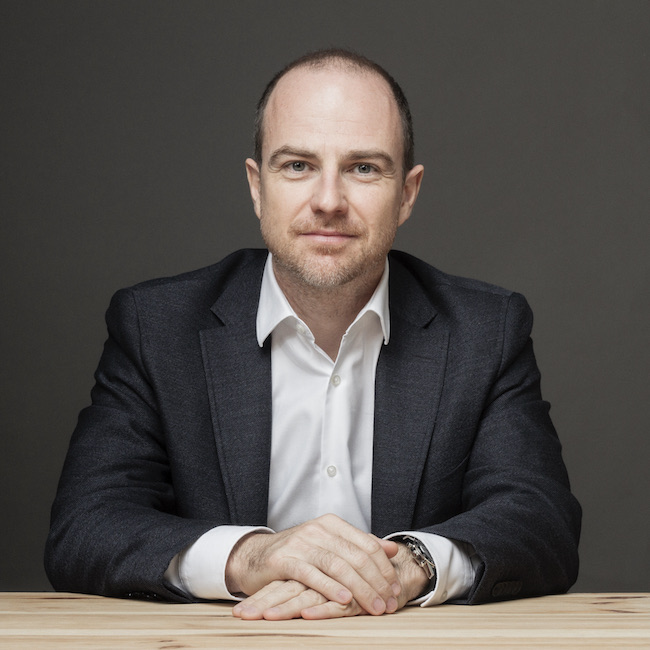
David Forer MW's story is remarkable, because after passing the MW exam in 2017, he decided to start a winemaking project. This affable Canadian lived in San Francisco and had the entire world map of wine at his fingertips when it came to choosing his next destination. His choice was Priorat, and we feel very fortunate about that. David, known to Barcelona locals as Dave the neighbor, is a wine consultant but, together with Frank Massard, he's also the producer of Clos Salanca, a promising, exceptional winery in Priorat whose wines will soon be served at the best restaurants. After 20 years researching oncological treatments, David embarked on a winemaking adventure in one of the most extreme regions. His goal is "not to do anything new, but to follow the Priorat tradition through Garnacha and Cariñena, with minimal intervention and limited production." We're going to have to act fast to get one of the 30,000 bottles that will be sold using a quota system. It's a wine that reflects the maximum expression of Priorat, with power, but with elegance. I assure you that it's worth it.
Experience and youth
Britain's Edward Adams MW is a pioneer in the Spanish winemaking and exports. Since the mid-1980s, he has been marketing Spanish wines in the UK and promoting them for Wines from Spain. In the 1990s, obtaining a MW qualification was very challenging. "Finding the balance between studying and family time was the hardest thing for me," says Edward. He has owned the brand La Báscula since 2006, together with South African winemaker Bruce Jack. His philosophy is "to make wines that make you want another glass, without too much wood, where the fruit stands out, with a good price-to-quality ratio, and which are not overdone." Wines that have typicity, but with a bit of New World, provided by Bruce. La Báscula includes wines produced in Terra Alta, Navarre, Rioja, and Galicia. It adds up to around 100,000 bottles a year in Spain.
Mark Pygott MW lives in the UK but travels the world distributing high-end wine in Australia, China, Taiwan, and France. Mark is dedicated to "learning to taste honestly, to separate knowledge from what was actually in the glass."
He's the production manager of Liam Steevenson's Vineyard-Productions, what we could call a multinational company making wine across the globe. In Spain, his main project is called El Garbi, in DO Terra Alta, using white and red Garnacha, unsurprisingly. They're also starting a new project called El Curioso, promoting local Spanish varieties. Mark handles about 20,000 bottles a year in Spain, but soon there will be more.
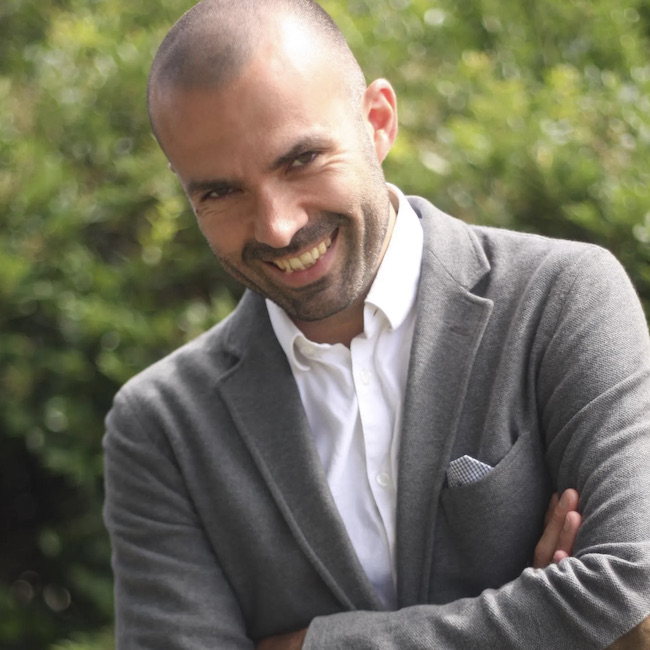
The most recent arrival is Álvaro Ribalta, the first Catalan MW, who obtained the qualification in 2021. The most complicated part of his journey to MW was "finding time between work and family to be able to dedicate to his studies." Álvaro continues to work with UK importer Indigo Wine, where he's in charge of sales and relations with Spanish producers. He's also about to launch his own online distribution and sales company and... Surprise! During the second half of 2022 he'll release a sherry pasture wine, of which 4,000 bottles are expected in the future.
It's no coincidence that all these projects developed by the most qualified people in the world of wine are successful and worth following. Being a MW is a sacrifice that increases the value of the wine world. The Jedi Obi Wan said: "In my experience, there's no such thing as luck." To which I might add that luck is for those brave, talented people who try new things.
May the force be with you, dear MWs. We will continue to admire your ingenuity and will closely follow all of these initiatives that enrich wine.

